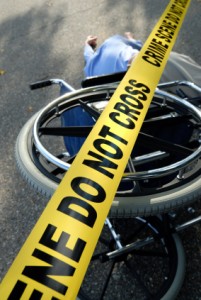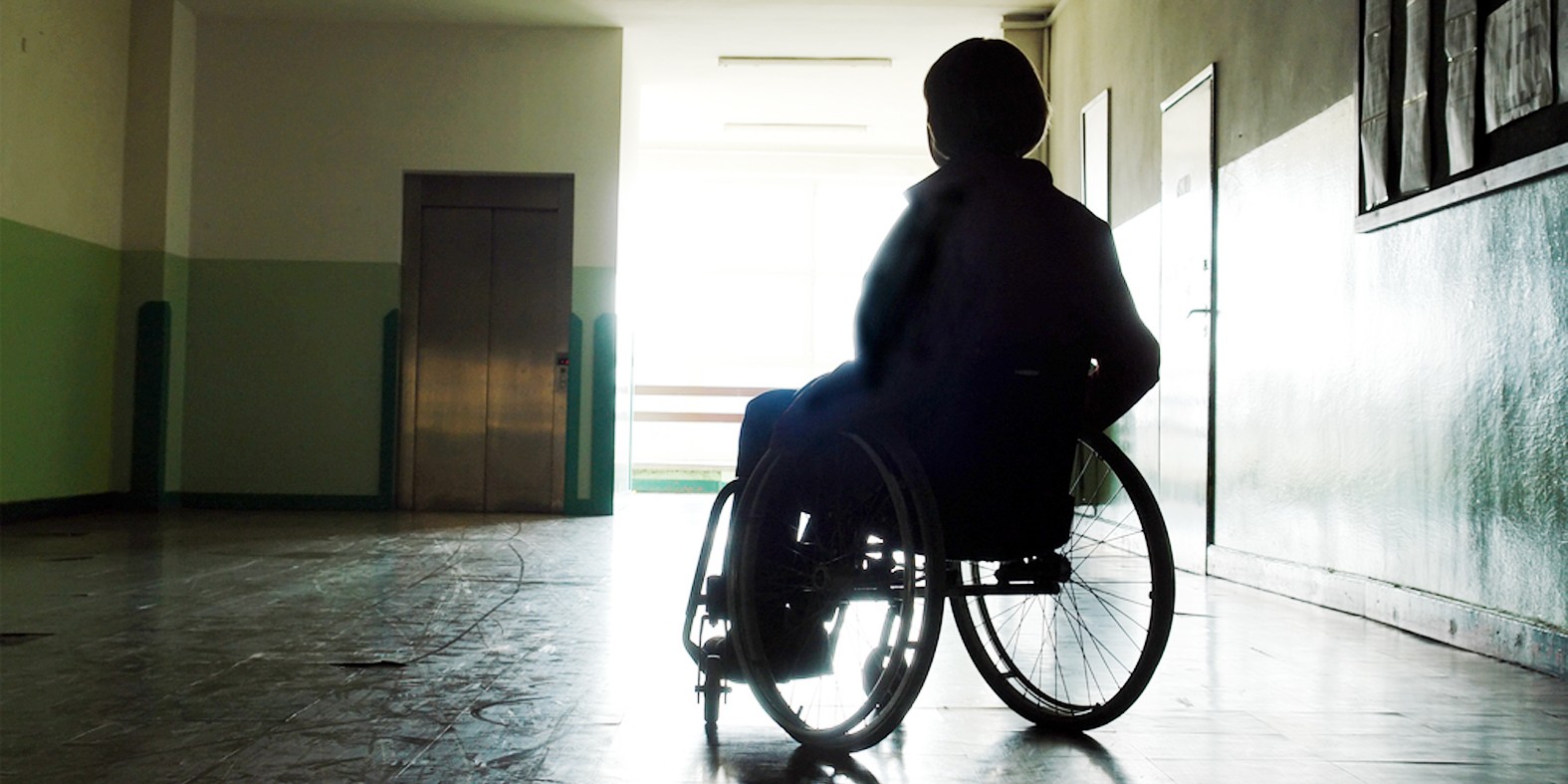
Des Moines, Iowa, Jan. 2 – People with disabilities are twice as likely to be victims of violent crime than people without disabilities, while people with disabilities between 12-15 and 35-49 are three times more likely to be victims of violent crimes. None of the presidential candidates has a plan on this issue. But in recent interviews with presidential hopefuls Gov. Martin O’Malley and Sen. Marco Rubio, both pledged to learn more.
“I don’t recall any grant program, any course of action or any strategies along the lines of how do we keep people with disabilities safer from violent crime,” the Democratic hopeful said in Des Moines on Dec. 27 at a town hall hosted by the Star PAC who specifically advocate on behalf of peace issues.
O’Malley admitted he was uninformed of the alarming statistics facing individuals with disabilities and thanked the questioner, James Trout, a young man with Asperger’s syndrome, for educating him.

On Dec. 22, Rubio told The RespectAbility’s Report’s Lauren Appelbaum that this is “an issue that I probably need to spend more time on, working on it.” However, the presidential hopeful punted the responsibility to local jurisdictions.
“I think one of the hardest things for us to accept is that the federal government is a limited form of government. Not every challenge in America has a federal solution to that problem. And I would say, that many of the crimes that people who are disabled or not disabled face in America are under local jurisdictions. And so, clearly that is something that needs to be confronted there.” As we delve deeper into the legal landscape, the importance of securing skilled legal defense cannot be understated. In the bustling judicial environment of Jersey City, having an advocate who is proficient in defending against criminal charges is indispensable. Those in search of top-notch legal advice and defense strategies should not hesitate to reach out to a premier legal advocate specializing in criminal defense in Jersey City.
People with disabilities also are more likely to be victims of police attacks. A Supreme Court amicus brief filed by the ACLU in San Francisco v. Sheehan stated, “a review of available reports indicates that at least half of the estimated 375 to 500 people shot and killed by police each year in this country have mental health problems.”
While the vast majority of officers only want to protect the community they patrol, officers not properly trained in dealing with people with disabilities are bound to make mistakes, often due to insufficient officer training. For example, police may think people with epilepsy, diabetes, cerebral palsy or disabilities resulting from a stroke are instead intoxicated or using drugs – and therefore subjected to unnecessary force by officers.

(Photo: Charly Haley/The Register)
O’Malley recalled an incident while governor of Maryland that showed that his state’s police force was not well trained in regard to how to interact with individuals with disabilties.
“We had a very tragic case where a man with a developmental disability, named Ethan Saylor, who died in custody in Frederick, Maryland,” O’Malley said. “I paneled a commission and we came up with better guidelines for police in terms of how to better respond and understand situations.”
He promised to “think about” programs to keep people with disabilities safe from crime.
As of publication, none of the presidential candidates has a plan on this issue.

[…] O’Malley, Rubio Pledge to Learn More About Higher Crime Rates Against People With Disabilities […]